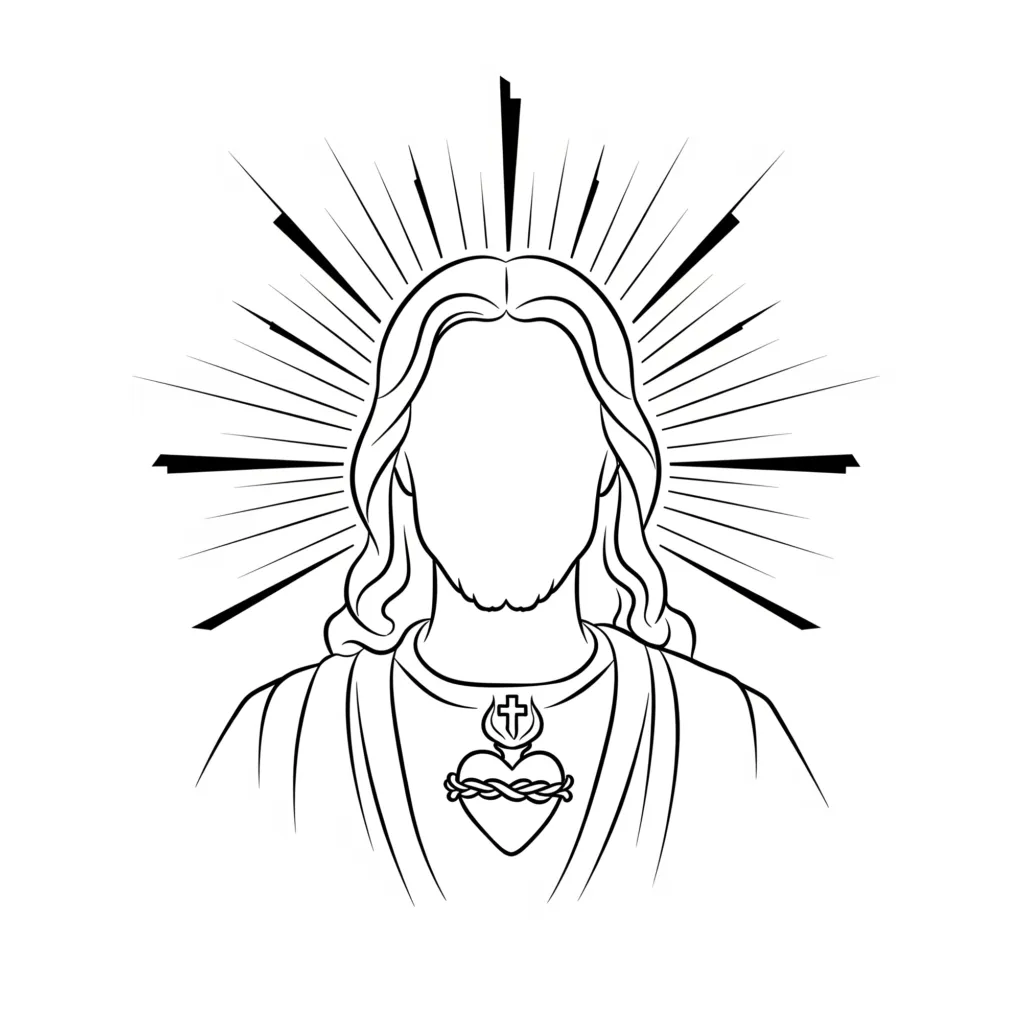
"Delight yourself in the LORD, and he will give you the desires of your heart." — Psalm 37:4
"Up to now you have made no request in my name: do so, and it will be answered, so that your hearts may be full of joy.”— John 16:24
"Glory to God in the highest, and on earth peace among those with whom he is PLEASED!”. — Luke 2:14
"And a voice came from heaven, “You are my beloved Son; with you I am well PLEASED.” — Mark 1:11
When most people think of Jesus, the dominant image often revolves around sacrifice, suffering, and the burden of sin. This traditional Christian narrative paints Jesus primarily as the one who takes on human guilt and pain to redeem us — a heavy, negative image that can subconsciously shape how we experience spirituality and ourselves.
The Common Christian View: Sacrifice and Sin
The emphasis on Jesus’ crucifixion and atonement can create mental pictures of pain, loss, and “sin” as something shameful and dark. While these themes are powerful, they sometimes fix the mind on struggle, guilt, and the need to atone or suffer for forgiveness. This can limit the believer’s sense of joy, freedom, and creative power.
John the Baptist: The Threshold of Limited Imagination
Just before Jesus begins his ministry of abundant healing and joyful manifestation, John the Baptist appears — a figure who lives austerely, “not eating bread or drinking wine.” Symbolically, John represents the normal, limited consciousness: one that recognises the need for transformation but still lives in restraint, denial, and limited imagination.
This austerity mirrors the Christian image of Jesus’ sacrifice and sin-bearing — a mindset focused on repentance, sacrifice, and the burden of sin rather than the joy and abundance Jesus brings.
"Behold my servant, whom I uphold,
my chosen, in whom my soul DELIGHTS" - Isaiah 42:1;
"Behold, my servant whom I have chosen,
my beloved with whom my soul is well PLEASED." — Matthew 12:18
John’s role is crucial: he prepares the way, calling us to leave behind limited, ascetic thinking and step into the paradise of imagination and abundance that Jesus embodies.
Jesus’ Association with Tax Collectors and Sinners: Embracing All States of Consciousness
In the symbolic view, the “tax collectors and sinners” with whom Jesus associates are not judged morally but represent parts of consciousness that feel separate, limited, or stuck in old patterns. These characters symbolise the ‘lost’ or ‘imperfect’ areas within us — aspects burdened by guilt, habitual thought, or restriction.
Jesus’ presence among them illustrates the creative, abundant state welcoming all parts of self without exclusion or condemnation. It is an invitation to embrace and transform every fragment of our imagination, to bring them into the fullness of paradise, pleasure, and abundance.
The Symbolic View: Jesus as Paradise, Pleasure, and Abundance
In contrast to the sacrifice-and-sin narrative, Jesus represents the full expression of divine life within us: a state of paradise, pleasure, and abundant creative power. He is the living embodiment of what it means to live in joyful alignment with the imagination, the source of all creation.
-
Paradise: Jesus is the restored state of consciousness where harmony and peace reign. He embodies the inner “garden” restored, the consciousness free from fear and limitation.
-
Pleasure: Far from denying pleasure, Jesus exemplifies the joy of being fully alive — loving, forgiving, celebrating, and embracing life’s abundance.
-
Abundance: Jesus’ miracles are signs of overflowing abundance, not scarcity or lack. His healing, feeding, and transformation stories invite us to live with confidence in the unlimited supply of good.
“Fear not, little flock, for it is your Father’s good pleasure to give you the kingdom.
Sell your possessions, and give to the needy. Provide yourselves with moneybags that do not grow old, with a treasure in the heavens that does not fail, where no thief approaches and no moth destroys.
For where your treasure is, there will your heart be also. — Luke 12:32-34
How These Views Shape Our Experience
The sacrificial image can lead to spiritual struggle and an unconscious belief that we must suffer to be worthy. The symbolic view invites us to awaken to the truth that spiritual life is joyful, creative, and abundant — that we are meant to live in the paradise of imagination and love right now.
Practical Implication: Choosing Your Image of Jesus
Which image do you hold shapes your inner state and what you attract. Choosing to see Jesus as the symbol of paradise and abundance aligns you with the creative power inside you, opening the way for healing, joy, and manifesting your desires.
